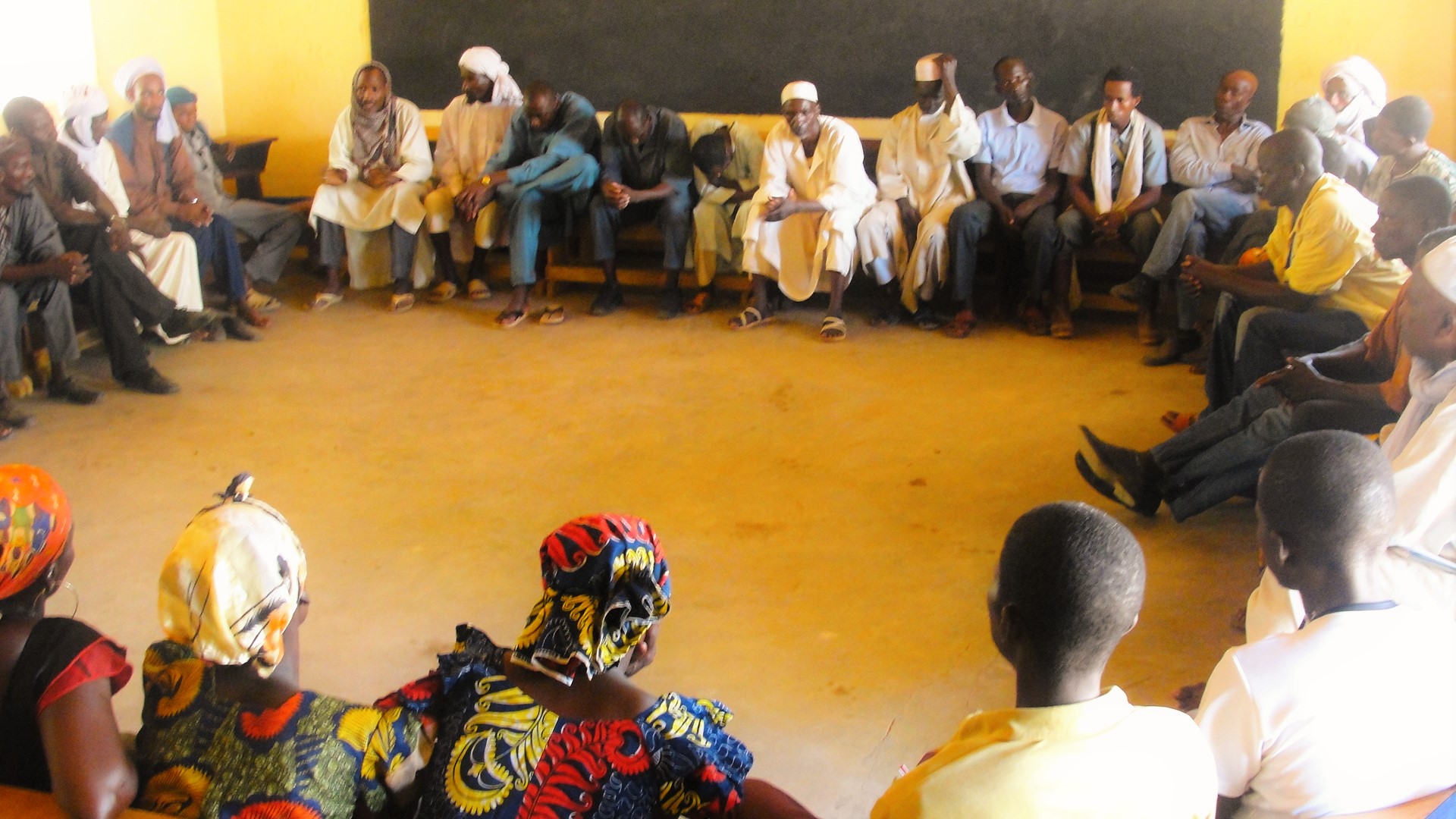Covid-19 Frontline Impact
Cramped conditions in the camps and fears over the spread of the virus suddenly made returning home the more compelling option in these times.

Central African Republic
In the shadows of Bangui's National Forum, NGOs are doing the painstaking work of rebuilding CAR's social fabric. While at the national-level, delegates made police recommendations around such topics as peace and security, justice and reconciliation, governance, as well as social and economic development, at the community-level these problems are personal.
In the aftermath of war, the trauma that both Christian and Muslim communities experienced has led to the creation of parallel narratives of victimization keeping neighbors physically and emotionally divided. "Justice" becomes about Celestin making amends for stabbing Abdel’s son or Youssouf admitting he kept his neighbor’s generator in his house after it was stolen by the Seleka.
While macro-level processes are critical for signaling change, far away from the politics of Bangui, CAR’s national reconciliation process requires a corresponding people-to-people approach that converges with the on-going political process. For Central Africans to believe in change, new government policies need to be met with palpable action, visible on the ground by affected communities. While international experts were needed at the track-I level, so is external support needed locally. Impartial third-parties can become the catalyst for sparking such problem-solving dialogues where betrayal and hate have become barriers to moving forward.
To help diminish these divides and bridge fault lines, Nathalie participated in a community mediation and social cohesion initiative in several provinces of the Central African Republic in order to begin the process of recreating communication channels between people torn apart by war. Working for the Danish Refugee Council (DRC), she was hired to conduct conflict-sensitive assessments and support multi-party community mediation processes. She also trained, coached and mentored trusted insiders to strengthen local conflict resolution capacity. While there, she coached local peace-makers as they enabled parties in conflict to overcome their differences and develop collaborative actions plans to resolve economic, security and displacement issues.
Many parts of the country still do not have any state presence. Criminality is becoming one of the biggest barriers to reconciliation. In areas awash with weapons, rebels and militias continue to fuel tensions by provoking civilians and maintaining Muslims, Christians and nomadic herders in a permanent state of tension. Rebuilding local conflict resolution mechanisms is critical to diminishing the fear and mistrust of the “other” and resolving these local issues. Additionally to teaching mediation skills, adding restorative justice to the work of NGOs in CAR would enable future courts to manage the back-log of cases that are being filed daily by victims of the war.
In a country where problematics differ vastly from one region to the other, community dialogues enable locals to set the agenda and give participants the tools to find solutions to their most pressing problems. Contextualizing the "Republican Pact" [1] will make the difference in the ability of the official peace process to take root in CAR's war torn communities.
----
[1] The Bangui Forum took place from 4 to 11 May 2015 and brought together CAR’s transitional authorities, political parties, religious and civil society representatives as well as armed groups. It resulted in “The Republican Pact” a public commitment to a peaceful future in the Central African Republic.
